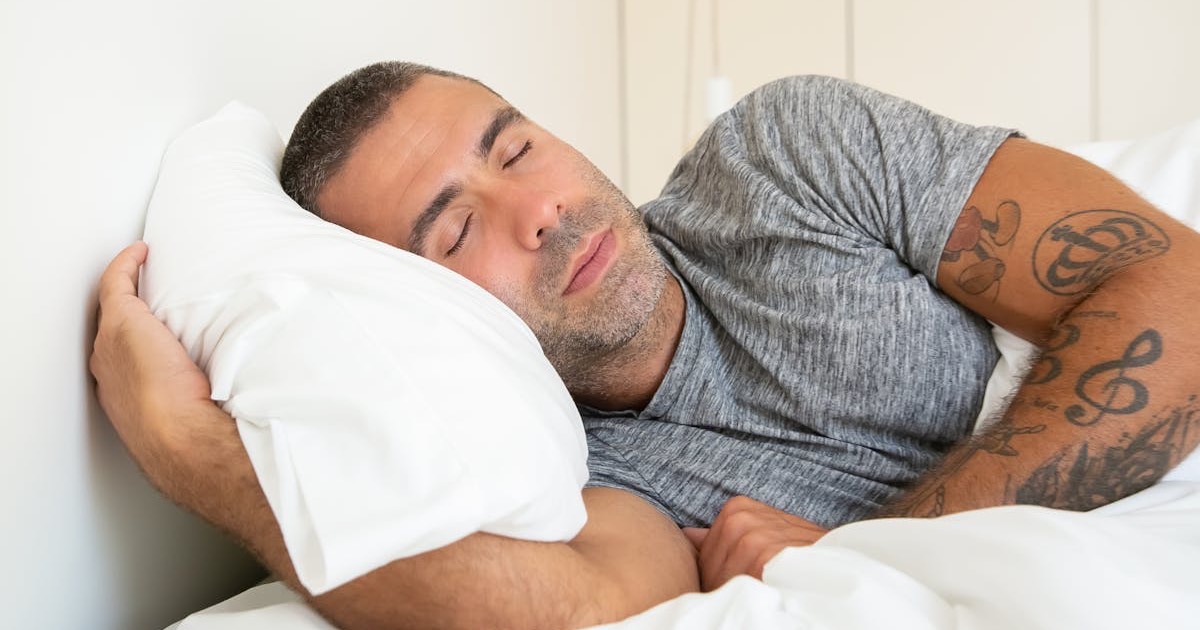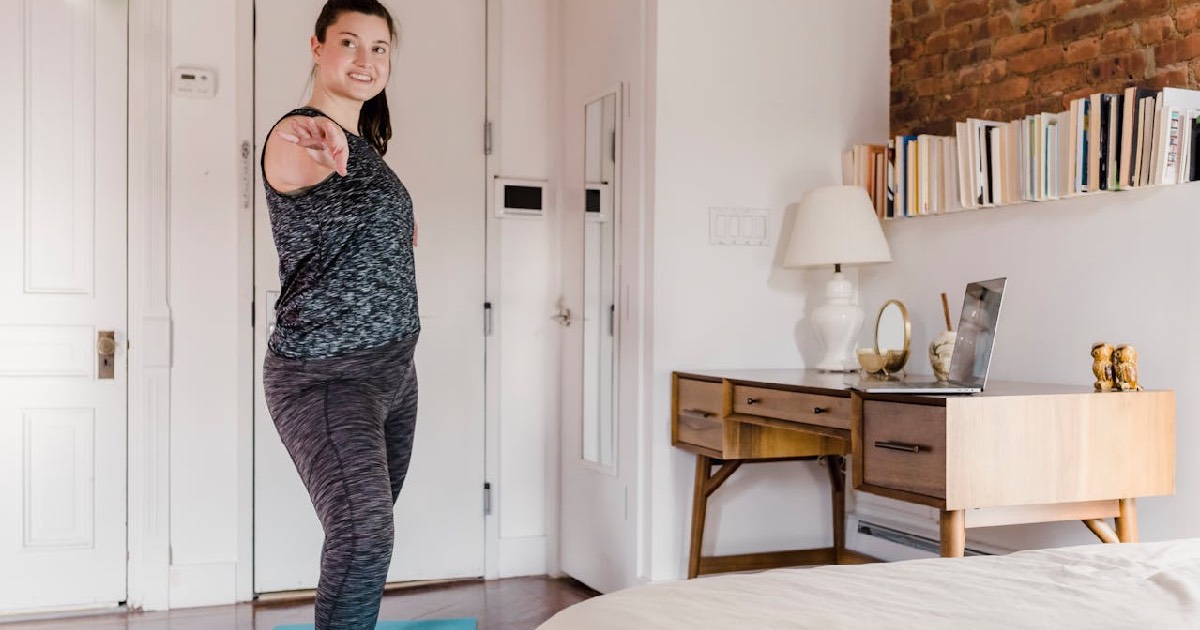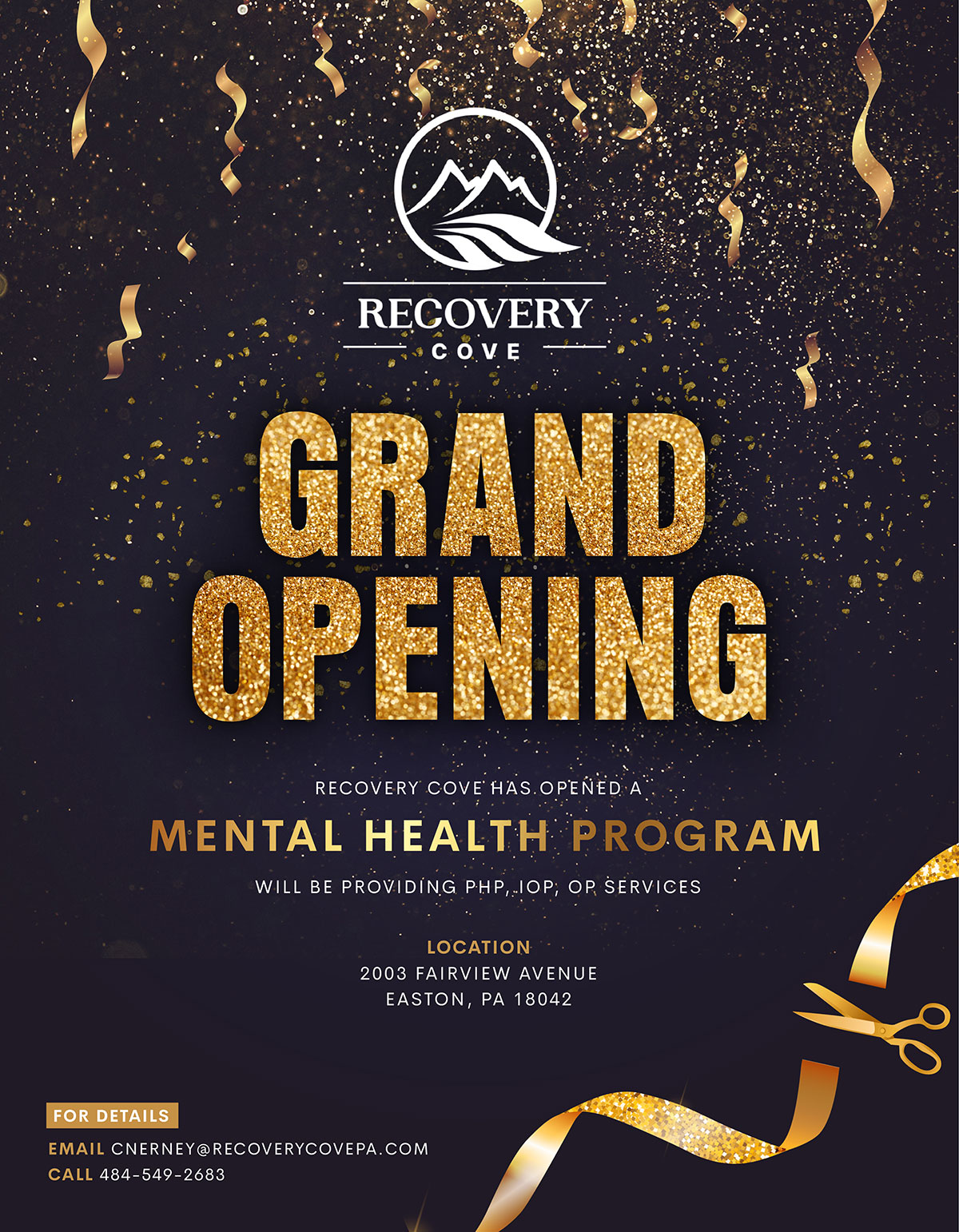Sleep problems are a common complaint among individuals in recovery. They can occur early on during the withdrawal period, but they can also last much longer. It’s important to address these concerns, as sleep problems can be associated with relapse. The brain and body need rest to support the recovery process, so it’s essential to make sleep a priority.
How Do Drugs Affect Sleep?
If you are experiencing a substance use disorder, it’s common to have insomnia. This is when your brain has trouble falling or staying asleep. For example, alcohol can make you feel sleepy because it’s a depressant. However, even if you fall asleep quickly, your quality of sleep is impacted. That’s partly because as the effects of alcohol wear off, you’re likely to wake up.
When you quit taking drugs, you can also develop insomnia and other sleep problems such as strange dreams, restless legs syndrome and sleep apnea. This can take a toll on your mental and physical health, putting you at risk for anxiety and depression and weakening your immune system.
Why Sleep is Important During Addiction Recovery
Getting enough sleep is critical for a healthy recovery. It can improve mood, enhance cognitive function and reduce stress and anxiety. Sleep also plays a role in the body’s natural healing processes. While you sleep, your body repairs and restores itself so that you can make a full recovery.
Reduce stress and anxiety
Stress and anxiety are common triggers for relapse. When you don’t get enough rest, your body produces stress hormones like cortisol, which can lead to feelings of anxiety and tension. A lack of sleep also makes it harder to manage your emotions effectively, causing impulsive behavior and poor decision making. On the other hand, getting enough rest helps regulate your emotions and promotes a sense of calm and relaxation.
Improve mood
Sleep has a huge impact on mood, and this couldn’t be more important than for those in recovery. Without rest, you can feel irritable and depressed. With rest, you’re more likely to feel positive and optimistic, which is beneficial for your recovery. This happens because sleep regulates the hormones that affect your mood, such as serotonin, a chemical that promotes feelings of happiness and well-being.
Enhance cognitive function
Another thing that happens when you sleep is that you’re able to consolidate memories and process information, improving learning and decision making. The brain has the remarkable ability to process and organize information from the day before, but you need sleep for it to do its job. When you allow yourself this time to rest, you enhance cognitive function and improve your chances for success in recovery.
What Happens When You Don’t Get Enough Sleep?
Not getting enough rest can be problematic for anyone, but it has even greater consequences for those who are going through substance use recovery. Something important to remember is that how you feel when you are awake depends on what happens when you are sleeping! If you get good rest, you are more likely to have a better day.
Sleep deprivation happens when you don’t get enough rest either because you couldn’t fall asleep or stay asleep. The effects from this may include:
- Trouble concentrating
- Mood swings
- Higher stress levels
- Difficulty controlling emotions
- Depression or anxiety
- Impulsivity
- Lowered immune system
- Thoughts of suicide
- High blood pressure
- High blood sugar
- Increased risk for obesity
As mentioned earlier, sleep is also important because it helps you stay on track with your recovery. When you’re well-rested, it’s easier to have the motivation to stay sober and deal with life’s challenges in healthier ways.
Promoting Healthy Sleep
If you have struggled with sleep in the past, you may have turned to substances to cope. However, now that you are sober, you’ll need to learn how to sleep on your own. Your treatment team may recommend safe medications that you can take, but ultimately, it’s best to learn how to sleep naturally.
Here are some tips that will help you improve your sleep quality. Be patient, as it can take time for sleep problems to improve.
Maintain a consistent schedule
Not setting a consistent schedule puts you at risk for sleep problems because you might be tempted to stay up late or sleep in. Set strict times for going to bed and waking up. Adults need around 7 to 9 hours of sleep at night, so a healthy schedule may involve going to bed at 10pm and waking up at 7am. Stick to your schedule, even on weekends.
Destress before bedtime
Implement calming practices before bedtime. This will help set the tone for a restful sleep. There are a number of things you can do to promote calmness, such as taking a warm bath, writing in a journal, reading a book or meditating. Doing these activities at night signal to your brain that it’s time to relax and get ready for bed.
Avoid exercise and screen time before bed
While it’s important to exercise each day, you should avoid doing so right before bed. Exercising can increase your energy levels and make it harder to sleep. Instead, exercise in the morning or afternoon, as this will make you more tired when it’s time for bed. Also, avoid screens at least 60 minutes before bedtime. Screens can disrupt the melatonin boost needed to fall asleep.
Keep naps short—or avoid them altogether
Naps can be a great way to refresh your mind and body, but don’t overdo them. Frequent napping and late naps may be associated with poor sleep quality. If you do decide to nap, keep them short—around 10-20 minutes. Also, squeeze in your nap before 3pm.
Sleep in a dark and quiet room
Lastly, create a calming space that promotes restful sleep. Consider some of the things you may need to make this a reality for you, such as blackout curtains to block out light, a fan to keep the room cool and a noise machine. Use your bed for sleeping only so that when you lie down, it signals to your brain that it’s time to sleep.
At Recovery Cove in Easton, PA, we believe in a holistic approach that involves healthy eating, daily activity and restful sleep. We help our clients create structured routines that make room for healthy habits such as these. To learn more about our programs and the ways in which we implement holistic practices, contact us today at 484-549-COVE.






